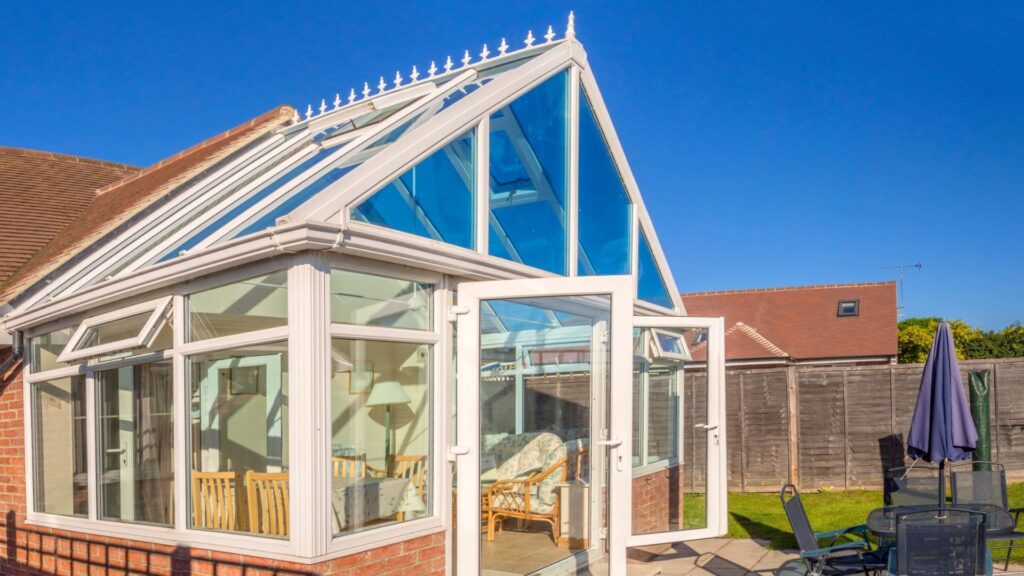A conservatory is a fantastic addition to any home, offering extra living space bathed in natural light. Whether you envision it as a cosy reading nook, a dining area, or a greenhouse, a conservatory can enhance your property’s functionality and aesthetic.
However, several important factors must be considered before you commit to adding one. Make sure you hire professional conservatory builders in Stevenage.
Here’s a guide to help you make an informed decision.

What factors should you consider before building a conservatory?
Purpose and use of the conservatory
Before starting the construction process, consider how you plan to use your conservatory. Can it be an extension of your living room, a dining area, or a home office? Understanding its primary function will influence the conservatory’s design, size, and location. For example, a south-facing conservatory might be ideal for a sunroom but could require additional shading or ventilation if used as a workspace.
Planning permission and building regulations
Adding a conservatory often falls under permitted development rights, meaning you won’t need planning permission. However, if your property is in a conservation area or the conservatory exceeds certain size limits, you may need to apply for permission. Additionally, ensure that your conservatory meets local building regulations concerning thermal performance, safety, and accessibility.
Design and aesthetics
The design of your conservatory should complement the existing architecture of your home. Consider the materials, style, and roof type carefully. Popular options include Victorian, Edwardian and lean-to styles. The choice of materials, such as uPVC, aluminium, or wood, will also impact the conservatory’s look, durability, and maintenance needs.
Orientation and insulation
The position of your conservatory near your home and the sun’s path will significantly affect its usability throughout the year. North-facing conservatories may be cooler, requiring additional heating, while south-facing ones can overheat in the summer without proper ventilation or shading. Quality insulation, double-glazing, and appropriate roofing materials are crucial to maintaining a comfortable temperature year-round.
Budget and long-term costs
The cost of a conservatory can vary widely based on its size, materials, and design complexity. Set a realistic budget that includes construction costs and long-term expenses like heating, cooling, and maintenance. Energy-efficient options may have a higher upfront cost but can save money on utilities over time.
Impact on property value
A well-designed conservatory can add value to your home, making it more attractive to potential buyers. However, if the conservatory doesn’t blend with the property’s style or takes up too much garden space, it could negatively impact the property’s appeal. Consider consulting an estate agent to understand how a conservatory might affect your home’s market value.
You should hire builders from Ask Phil to ensure that you get the right type of conservatory to add value to your home. Once installed, your conservatory could become the most frequently used room in your home. Contact us today to find out more.
